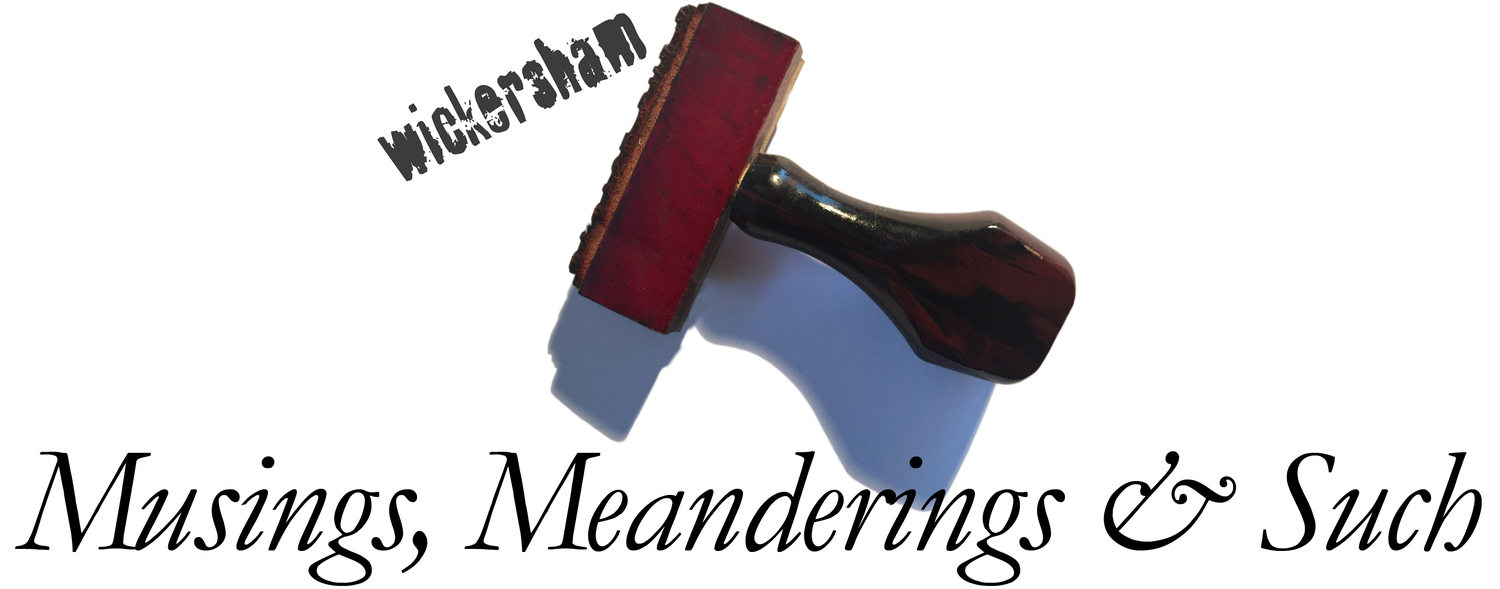A textbook key man problem and a cautionary tale.
Musk built the Tesla brand around his image. He is the brand voice; his presence defines the brand. And here lies the problem.
He presents a classic key-man risk: when a CEO or founder is so critical to the successful operation of the business that losing him or her (or their behavior) could harm the company's image, perception, or reputation.
Tesla’s stock is down more than 50% from its high three months ago. Whether ego, narcissism, or just ignorance (which I doubt), Musk carried all of Tesla’s brand equity. Once Tesla’s biggest asset, it is now its biggest liability.
There is no doubt that negative sentiment towards Musk has negatively impacted Tesla's brand image and sales.
Handicapping investment risk includes assessing any potential key man issues, something to think about for companies of all sizes. This is why brands develop a unique and ownable brand voice, image, and presence independent from founders or leadership. They define a brand architecture that can sustain on its own, even when something goes sideways.
A WSJ article, quickly denied by the company, reported that the board had begun a search for a new Tesla CEO. Even if just a rumor, the idea of board dissatisfaction amplifies the damage.
True, there are other factors contributing to Tesla’s decline, and the direct impact of Musk’s behavior is difficult to measure. But the impact is global. A recent survey reported by Reuters showed that the proportion of Swedes viewing Tesla in a positive light crashed following Trump's inauguration. It's a significant change of heart, considering Tesla's Model Y was the most sold car in Sweden and Norway last year.
In another act that smells of desperation, Musk urged his employees to hold their stock while using the same hollow rhetoric that he used in the past. Meanwhile, his brother Kimbal was selling a $27.5 million block of Tesla shares in early February, when the writing was already on the wall.
Another survey by brand reputation analytics firm Caliber, reviewed by Bloomberg, showed that Tesla's reputation dipped to its lowest levels since at least 2023.
So the question is, if Tesla’s brand reputation was not so directly tied to Musk’s reputation, could the brand’s image have been spared?
Maybe the lesson is don’t let one person be the sole equity of the brand.
Or better still, don’t be an asshole.

